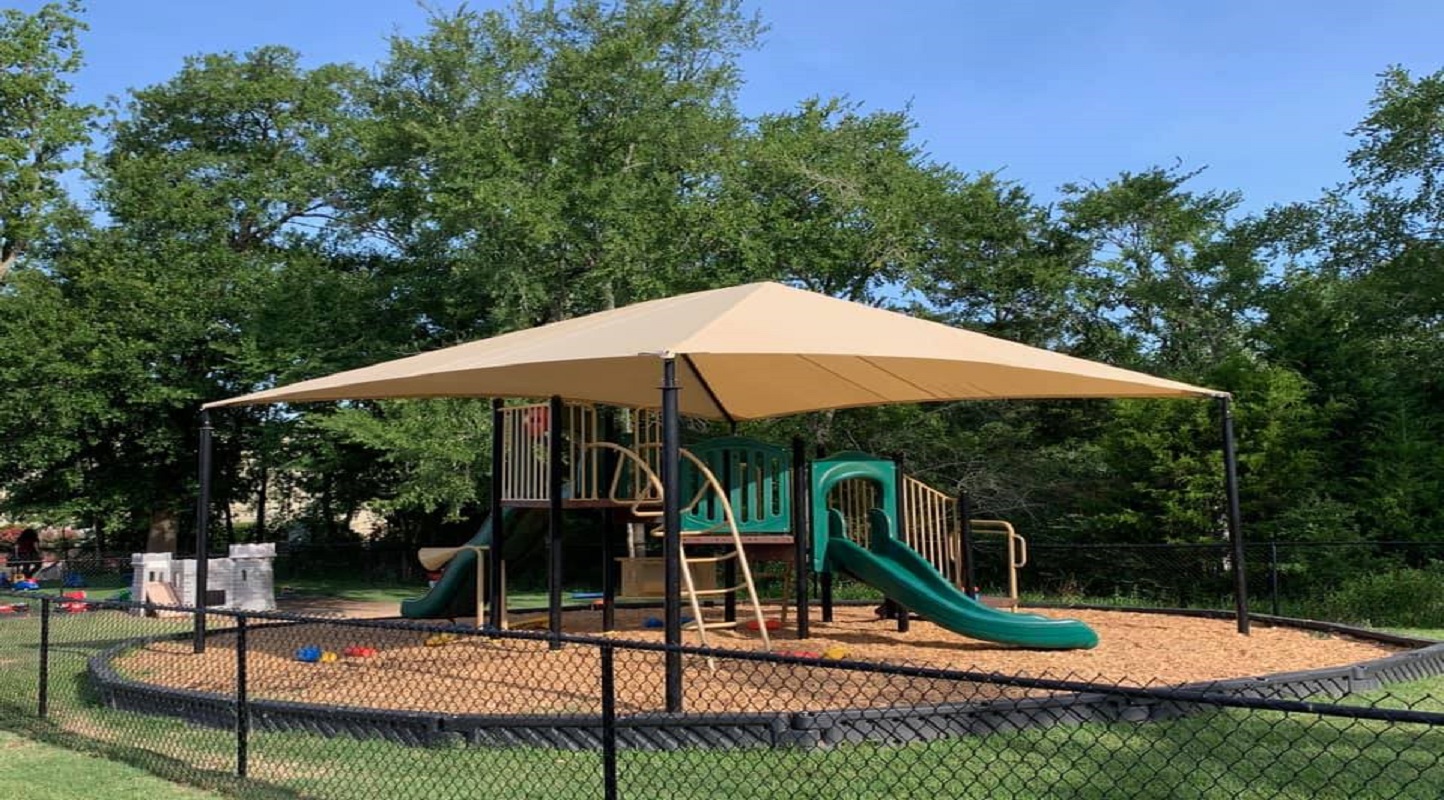As you all know, playgrounds have long been associated with happy childhood memories. Children look forward to recess because it encourages them to run, climb, swing, and slide as much as they want. Not only this but playgrounds also offer socialization, the development of creativity and imagination, and opportunities for physical activity for kids.
Moreover, now experts also observe the playground equipment, setups, and features of these playgrounds and how they have been adapted to particular requirements and tastes. Therefore, with an emphasis on security, resilience, and accessibility, playground construction has increased recently in both residential and commercial environments.
Though do you know that both of these playgrounds differ in many ways? Well, want to know more about it? If yes, go on reading! Yes, we will explore how residential and commercial playground systems differ in this blog post.
How do residential and commercial play systems are different?
As mentioned above, both playgrounds are built considering the child’s growth but differ in every aspect. Read on to learn the major differences.
Safety standards
The level of safety guidelines they must abide by is the major distinction between residential and commercial playground systems. Government enforcement of strict safety standards and regulations applies to commercial playgrounds.
Commercial playgrounds must meet certain requirements outlined in these standards, including having fall zones, impact-absorbing surfaces, and equipment that satisfies certain requirements. Residential playgrounds are more permissive in their design and construction because they are not subject to the same regulations.
Design & equipment
Commercial playgrounds are typically built from sturdy materials that withstand heavy use, vandalism, and adverse weather. The emphasis on inclusivity and accessibility is often placed on the ability of the playground equipment to support a greater number of users simultaneously.
Residential playgrounds are frequently made of lightweight materials, and their design prioritizes aesthetics over functionality.
Size
In general, commercial playgrounds are larger than those in homes. They frequently have more equipment and are made to hold more users simultaneously. On the other hand, residential playgrounds are smaller and frequently made to fit into a backyard or other small space.
Budget
Commercial playgrounds are frequently more expensive than playgrounds for homes. The higher cost results from superior materials, sophisticated design, and adherence to safety regulations.
Residential playgrounds are more reasonably priced, and the homeowner’s budget is frequently a deciding factor in their design and construction.
Maintenance
Commercial playgrounds entail routine upkeep to keep them secure and functional. To make sure they adhere to safety standards, they are frequently inspected. Playgrounds for homes need maintenance, but less so than playgrounds for businesses.
Use
Public spaces like schools, parks, and daycare facilities all have commercial playgrounds. On the other hand, residential playgrounds are made for personal use, like in a homeowner’s backyard.
Accessible
Accessibility for individuals with disabilities is a precondition for commercial playgrounds. This calls for the provision of accessible surfaces, equipment, and pathways.
Residential playgrounds are not required to meet the same accessibility requirements, but owners may decide to do so.
Bottom line
Overall, there are significant differences between playground systems for residential and commercial settings. Though regardless of the differences between the two, playground systems for homes and commercial spaces are equally important.
It is because they are a must for kids. All Play Inc. recommends that children need stimulating and safe play spaces in a backyard or a public park to interact with their peers, play imaginatively, and develop their motor skills.
Now that you know the difference between the two, think about what your kid might like and which playground equipment they would love to play with. Once you’re clear, visit the playground every day for at least 1 hour, and that’s it.

